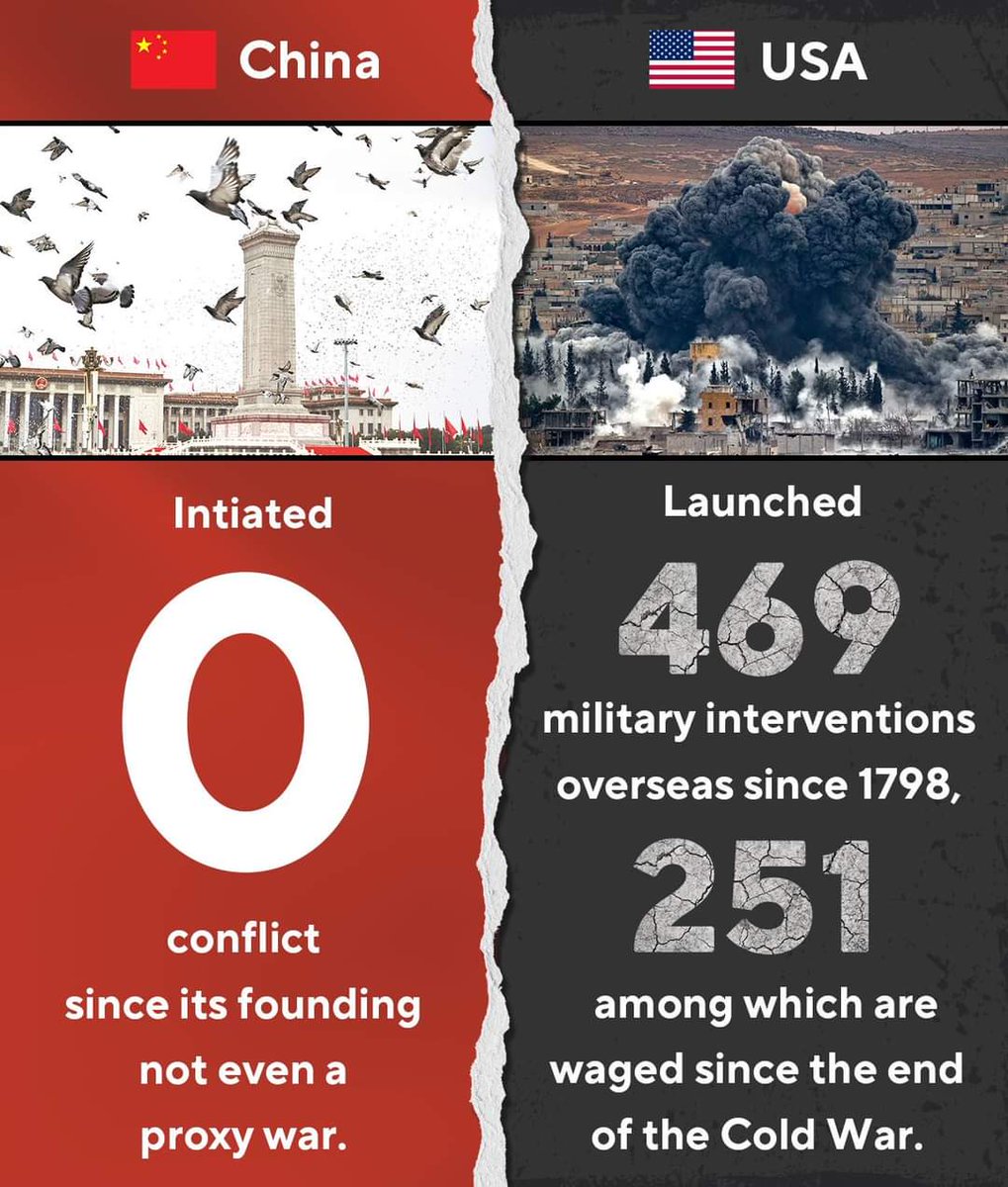Teil 2
Clara Weiss: Could you describe both the public perception of the Second World War and the state of research into the war of annihilation at the time when you began your research? What questions were you preoccupied with, and how did the political and social climate of the time impact your work?
Christian Gerlach: In the early and mid-1990s, parts of the German population still lived in denial or ignorance of the whole extent of German mass violence in World War II and the extent of mass participation in it. Another part of the population acknowledged it. The political elites had already adopted the tactics of (seemingly) acknowledging nearly everything, making this a hallmark of their rule and deriving from that a high moral ground based on which, in their mind, any kind of German imperialism was possible. They started to send military troops abroad and adopted “sanctions” to fulfill, as they called it, their “responsibility.” Thus, it required no courage to do research on Nazi crimes.
Among scholars, there was little outright denial of Nazi violence, but some still defended various aspects of the latter, and there were major gaps of knowledge. One of the most important problems was the unfounded belief that German mass murders in World War II had been irrational and contradicted any economic logic. This opinion was also held by many scholars outside of Germany, and by many who thought of themselves as radical leftists. I set out to explore the political economy of mass violence and to show that there were no major contradictions between murder and collective (and private) economic interests. In the persecutors’ perspective, economic and ideological motives for violence were often in tune, even though their motives were, of course, complex and sometimes contradictory. Also, I made it a point in analyzing the policies of violence against all major affected groups of non-combatants instead of one, as all lives have the same value.
CW: In your work, the responsibility of the entire German state apparatus, of the Wehrmacht and also of big business, for the crimes of National Socialism emerges very clearly. You have also documented that leading members of the resistance against Hitler that was centered in military and nationalist circles were, in fact, involved in war crimes by the Wehrmacht. What was the response to your research at the time?
CG: My work did not only show the responsibility of different parts of the German state and its elites for mass violence but also the eager participation and initiatives for violence from mid- and low-level functionaries (and big but also small business, actually). And I found—like other scholars did in the 1990s—that many non-Nazis were among the persecutors. The German army, for example, mirrored the class structures of Nazi Germany and was not fully Nazified, but it did provide some freedom for lower echelons’ own initiative and action, which, for the most part, worked pro-violence, that is, against a milder stance. One aspect of the activities of non-Nazis was the active involvement of opponents and conspirators against Hitler as mid- and high-level military officers in various policies and acts of violence, especially in the targeting of Soviet civilians during anti-guerrilla warfare and in killing certain types of prisoners of war. They acted like this out of national chauvinism and anti-communism, among other reasons.






 Mit Zitat antworten
Mit Zitat antworten




